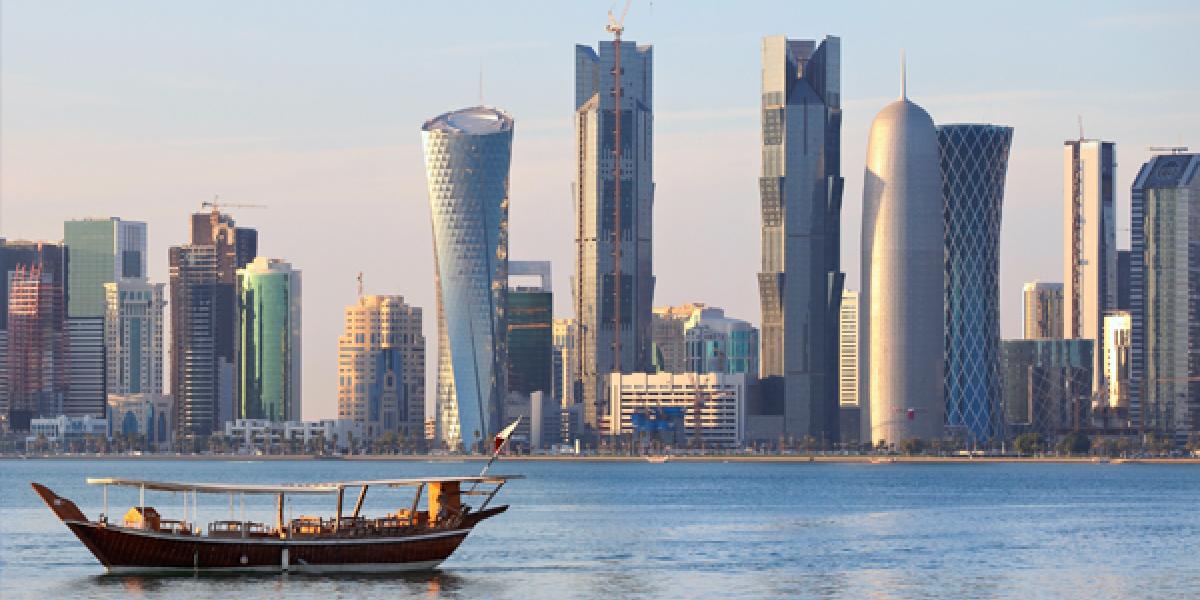Qatar ranked 14th on the global list of the 2015-16 Global Competitiveness Report’s index published by the World Economic Forum (WEF).
“Qatar leads the Middle East and North Africa region at 14th position,” the report said, adding that the country has moved up two places globally after scoring 5.3 points compared to the 16th in the previous report last year.
As reflection of the infrastructure development plans in the country, the report showed that Qatar has made a qualitative leap in the field of roads infrastructure quality after moving up 13 places this year to secure the 21th position with 5.4 points achieved compared to the 34th position last year.
“The country rank has also moved 9 places to occupy the 15th position globally with 5.6 points achieved, compared to the24th position in the previous report in the field of ports infrastructure quality”, says the report.
“Qatar has also moved up to 7th position globally in the field of airport infrastructure quality after scoring 6.2 points compared to the 12th in last year”, the report added.
The Ministry of Transport and Communications continues to work on the articulation of a long term policy and strategy for the transport sector in the State of Qatar, which will be an important milestone to achieve the Qatar National Vision 2030.
Transport infrastructure and services are vital elements in every citizen’s and businesses’ daily life. Bringing together and coordinating all stakeholders in the sector under the umbrella of the Ministry of Transport and Communications will ensure the development and provision of world-class transport infrastructure and mobility services for not only all citizens and visitors but also Qatari and global businesses.
Qatar’s modern transport sector aims at achieving financial and ecological sustainability, innovation, accessibility and inclusion for all citizens as well as attracting and enabling economic diversification.
The Global Competitiveness Index defines competitiveness as the set of institutions, policies, and factors that determine the level of productivity of an economy, which in turn sets the level of prosperity that the country can earn.
GCI combines 114 indicators that capture concepts that matter for productivity. These indicators are grouped into 12 pillars: institutions, infrastructure, macroeconomic environment, health and primary education, higher education and training, goods market efficiency, labor market efficiency, financial market development, technological readiness, market size, business sophistication, and innovation.

